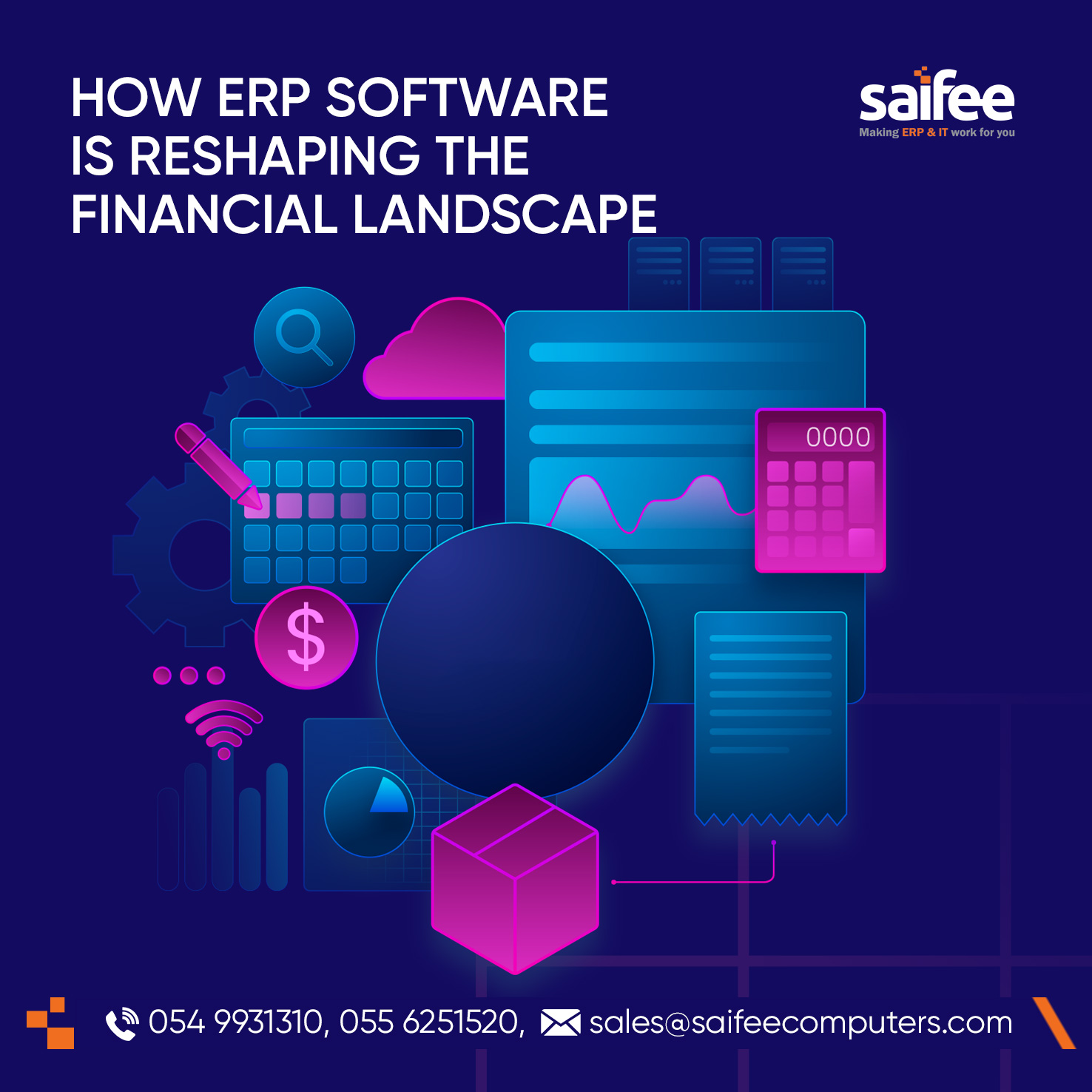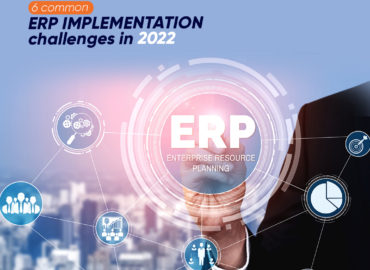In the fast-paced world of finance, efficiency and accuracy are paramount. Enterprise Resource Planning (ERP) software has emerged as a game-changer, reshaping the financial landscape by streamlining processes, enhancing decision-making, and fostering a new era of financial management. Let’s delve into the various facets that highlight how ERP software for banking industry is revolutionizing financial operations.
Centralized Financial Management
Traditionally, financial data would be scattered across multiple systems, leading to inefficiencies and the risk of errors. ERP consolidates all financial information into a centralized platform, providing a holistic view of the organization’s financial health. This centralized approach ensures accuracy, facilitates real-time reporting, and eliminates the need for manual data reconciliation.
Smooth Integration Across Departments
ERP software transcends departmental silos, fostering seamless integration across various functions within an organization. In the financial world, this means that departments such as accounting, procurement, and inventory management are no longer isolated entities. Instead, they function as interconnected components within the ERP ecosystem, sharing real-time data and insights. This integration optimizes collaboration, reduces redundancy, and facilitates a more cohesive financial strategy.
Enhanced Financial Reporting and Analysis
The robust reporting and analytical capabilities of ERP software empower financial professionals with timely and accurate information. Gone are the days of manually crunching numbers and sifting through spreadsheets. ERP systems generate comprehensive financial reports, offering insights into key performance indicators, budget variances, and financial forecasts. This shift from data accumulation to data-driven decision-making elevates the financial landscape, enabling organizations to respond swiftly to market changes and capitalize on opportunities.
Automation of Financial Processes
Mundane and time-consuming financial processes, such as invoice processing and payroll management, are automated, freeing up valuable resources. This not only boosts efficiency but also minimizes the risk of human errors. Financial professionals can redirect their focus from manual tasks to strategic initiatives that contribute to the organization’s growth.
Compliance and Risk Management
ERP software ensures that financial practices align with regulatory standards, minimizing the risk of penalties and legal repercussions. By providing real-time visibility into financial transactions and processes, ERP systems empower organizations to proactively address compliance challenges, creating a more secure financial environment.
Scalability for Future Growth
As organizations evolve, their financial needs change. ERP systems can smoothly scale to meet increased transaction volumes, expanded user bases, and additional functionalities. This scalability future-proofs financial operations, ensuring that ERP remains a valuable asset.
ERP software stands as a catalyst that transforms traditional financial practices into streamlined, automated, and strategically aligned processes. As organizations navigate the complexities of the modern business landscape, the integration of ERP in financial operations is not just a choice but a necessity. The efficiency gains, data-driven decision-making, and adaptability offered by ERP software herald a new era in financial management, empowering organizations to thrive in the dynamic and competitive financial landscape with the best financial management software.



